Becoming a doctor takes years of training and becoming a specialist, such as a neurologist, takes even longer, which is why hospitals can’t employ neurologists around the clock. So, Sunnyvale company Ceribell has found a way to bridge the gap by using artificial intelligence.
Ceribell has created a head-mounted EEG (electroencephalogram) machine that will monitor a patient’s brainwaves. But the true technology is what happens to the information once it’s gathered.
“The AI interprets brain waves for the purposes of detecting seizures. The AI will alert you as an emergency room doctor or an ICU doctor if the patient is experiencing seizure, and actually it can provide a diagnosis,” said Giancarlo Galindo, critical care marketing manager for Ceribell.
Using Ceribell can sometimes be the difference between life and death, especially in rural areas where money is tight.
“Health systems are being challenged to do more with fewer resources, and for us in rural areas, that pressure is especially acute. We’re meeting it by being intentional,” said Joshua Shepherd, the president of Buffalo Hospital and Cambridge Medical Center in Minnesota. “We’ve deployed telehospitalists and specialty telehealth programs to support bedside care without needing every specialist on site. This extends the reach of hard to find specialists and lowers our cost. We’ve also implemented tools like Ceribell … This has significantly reduced the need to transfer patients. It’s about making smart use of technology to extend our reach and enhance our capabilities.”
Even in hospitals where neurologists are employed, Ceribell helps when those neurologists are off-duty. In many cases, the use of the device can lower wait times or prevent the use of unnecessary medications.
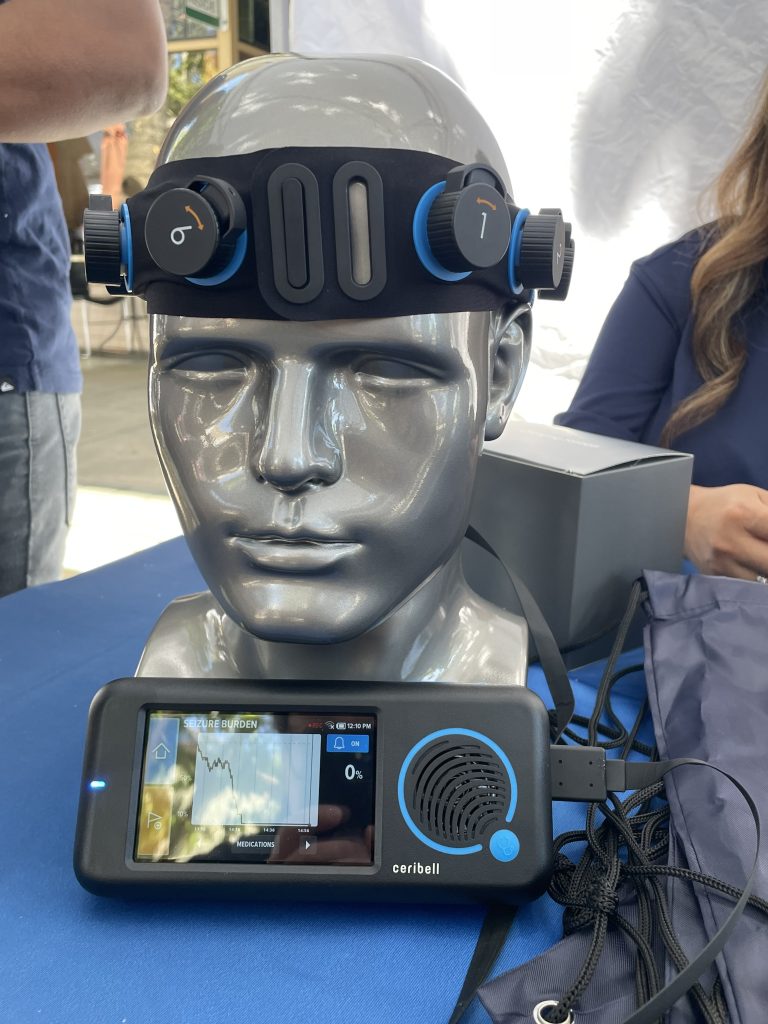
Archit Gupta is a senior manager for machine learning. He has worked directly on the AI aspect of the device. Gupta went to school for both computer science and neuroscience and found a way to use both of his degrees at Ceribell.
“This landed as being a very nice balance between very meaningful, impactful work that is helping people. So, we are meeting a need that patients have, but is not available anywhere else,” said Gupta. “The work is actually very interesting, challenging and stimulating. It’s a very good balance of doing something meaningful, which is also challenging. And uses cutting edge, deep learning and machine learning techniques.”
Ceribell was founded by Xingjuan (Jane) Chao, Ph.D., who did her postgraduate work at UC San Francisco, and Josef Parvizi, M.D., Ph.D., who works for the Stanford University School of Medicine.
The device is FDA-approved and is used in several hospitals in the Bay Area, including Kaiser Permanente, Stanford, El Camino Hospitals, San Francisco General and some of the Sutter hospitals.
Related Posts:
Santa Clara Hyatt Hosts AI Services Conference Propel25
NOVAworks: Area Workforce Development Keeps Pace With Employment Needs
Nabi Cat Cafe: Sisters-In-Law Combine Business with Philanthropy
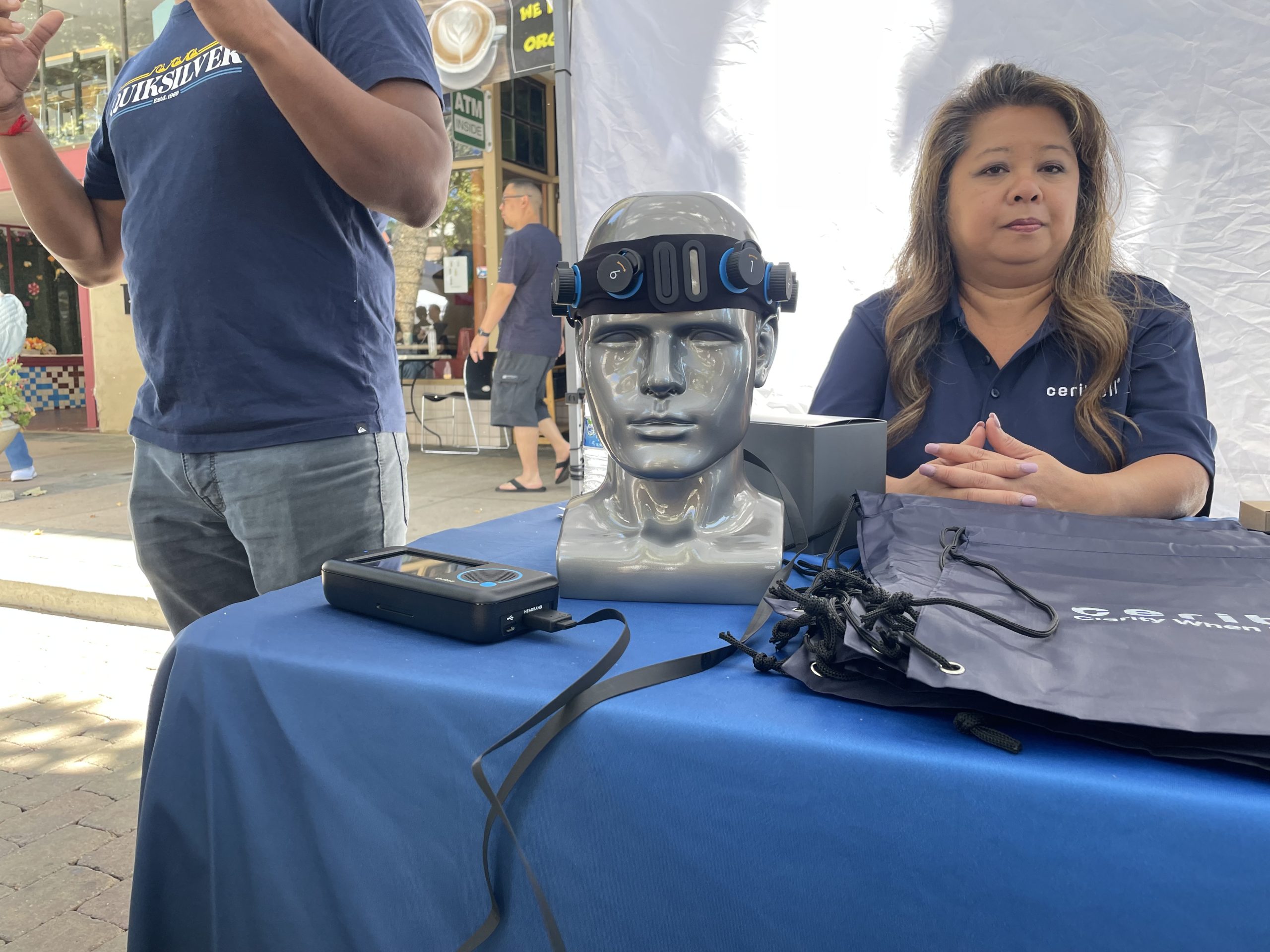


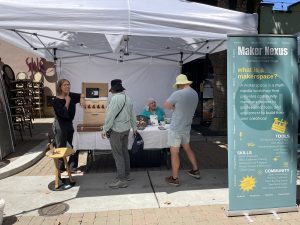
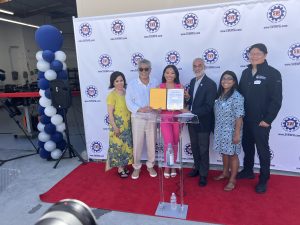



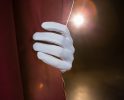



0 comments